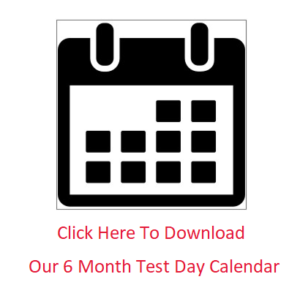Follow this Listening test advice, and make sure you understand how to respond to ‘completion’ type questions.
You will have enough time to read the questions first before listening to the audio, each recording will be played only once.
Write your answers on the question paper provided while you listen. When the test ends, you will be given 10 minutes to transfer your answers onto the answer sheet in pencil. Your answers may be written in either capital letters or lower case.
It is vital that you input your answers to the answer sheet. Anything that you write on your question paper will not be marked.
Follow these helpful tips to help you make the most of your Listening test:
- Let staff know straight away if you cannot clearly hear the audio.
- Follow the instructions given carefully.
- Listen out for the specific information you need.
- Try to anticipate what the speaker might say.
- Be mindful about your grammar and spelling.
- Don’t spend too much time on a question you don’t know the answer to.
- Focus on what you are asked to do in completion style questions.
- Be aware of the word limit; if you are asked to finish a sentence using only two words and the correct answer is ‘leather coat’, then ‘coat made of leather’ would be an incorrect answer.
- Try to answer all questions; you will not lose points for incorrect answers.
- Check your answers thoroughly.





